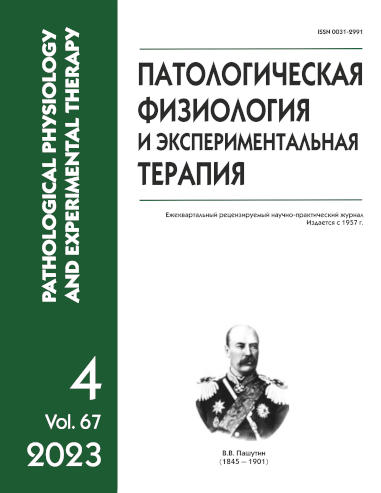Cellular stress, aging and carcinogenesis
Abstract
Somatic mutations, which may confer a selective advantage in somatic cell growth, are considered an important mechanism in the development of sporadic tumors. Studies of carcinogenic mutagenesis, the source of which can be both direct DNA damage and errors during DNA replication, are difficult due to the large number of concomitant non-cancerous mutations. Genomic data indicate the presence in normal tissues of a significant number of cells carrying critical oncogenic mutations that do not demonstrate any phenotypic abnormalities. This raises questions about the functional significance of these mutations for carcinogenesis. This review examines the hypothesis about the pro-oncogenic role of cellular stress in carcinogenesis, which manifests itself not only at the stage of tumor progression, but also as an event that potentially initiates malignant transformations. Examples are given of new successful diagnostic approaches that use expression signatures of genes involved in cellular stress response to proteins with non-native conformations (Unfolded Protein Response), to predict the course of cancer.






